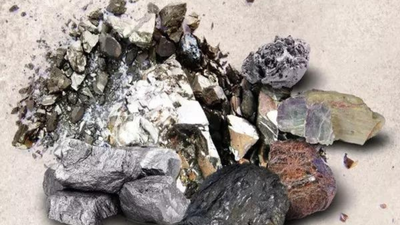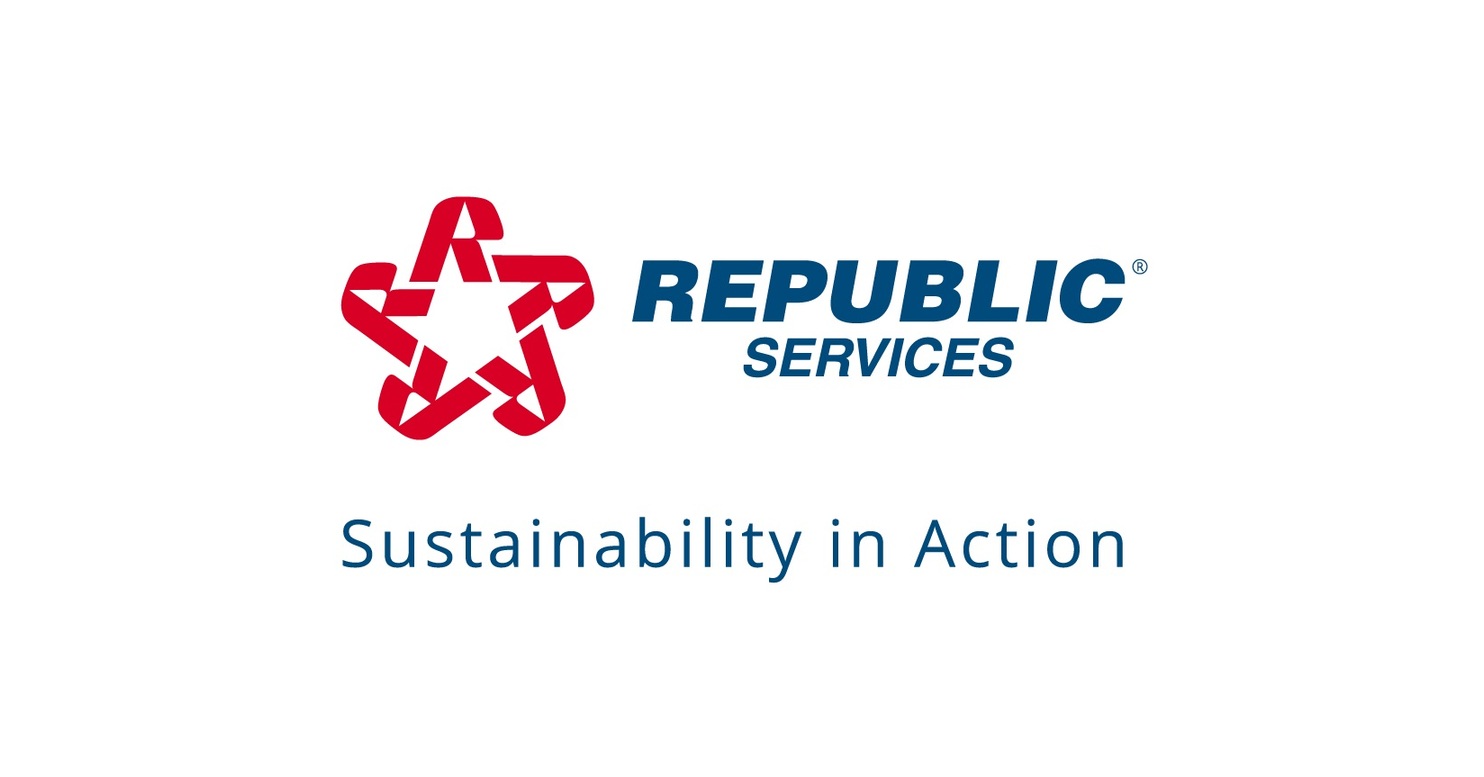ARTICLE AD BOX

NEW DELHI: Government on Thursday said “some Indian companies” have got approval from China to import rare earth magnets from the country to be used in the automotive and electronics industries.Randhir Jaiswal, spokesperson for the ministry of external affairs, said licenses have been issued to the companies that will enable them to get access to the magnets whose procurement had been stopped after China put curbs on their sale earlier this year.The curbs have impacted the production of automobiles, especially electric cars and two-wheelers with companies petitioning the government to take up the matter with China.“Yes, we confirm that some Indian companies have received licenses for importing rare earth magnets from China,” Jaiswal said while responding to questions on the matter.“As far as the question of the latest talks and relaxations that have happened between the US and China (and) as to how it is going to play into our domain, I will come back to you. We have yet to look at it. I am not aware of the technicalities. But we will come back to you.
But I do confirm that Indian companies have received licenses for importing rare earths from China,” he said.The MEA spokesperson, however, did not give details of the companies that have received permission. Industry sources said the companies include those that supply components to the automotive and electronics industries.However, the imports come with certain restrictions. These include conditions that the magnets cannot be exported to the US, and cannot be used for defence-related industries.Rare earth magnets are the strongest type of permanent magnets commercially available. Their high magnetic strength and resistance to demagnetisation make them indispensable in a range of applications, especially where weight and space are constraints.According to experts, these magnets are made primarily from rare earth elements like neodymium, praseodymium, and dysprosium — materials that allow for powerful magnetic properties essential in miniaturised and energy-efficient devices.
They are typically made from alloys that contain rare earth elements. The most commonly used rare earth magnet is the neodymium-iron-boron (NdFeB) magnet.China is estimated to account for about 70% of global rare earth metals mining and holds nearly 90% of the world’s rare earth magnet’s production. Widespread usage of these rare earth magnets has started over the past 6-8 years owing to factors such as their compact size, weight, high effectiveness, and high thermal resistance in comparison to normal ferrite / traditional magnets.One of the biggest reasons that China dominates the rare earth magnet industry is its control over the entire supply chain, including mining of rare earth ores, separation and refining of rare earth elements (a complex and environmentally sensitive process), and alloy production and magnet manufacturing.Just in the Indian auto industry alone, about 870 tonnes of rare-earth magnets are required to be imported in FY 2025-26 out of the country’s estimated overall requirement of 3,600 tonnes.Component suppliers in India had been importing these magnets as raw materials to manufacture components / sub- assemblies domestically for automotive applications. Such rare earth magnets are used across automotive applications both in Internal Combustion Engine (ICE) vehicles and Electric Vehicles (EVs) for components like speedometer, electric motors, e-axle, electric water pump, automatic transmission kits, speakers, sensors, ignition coils in engines.As China placed restrictions on their import and mandated a highly structured process for importing them (which no company could clear), most of the companies raised the red flag — saying that production will need to be stopped and launches delayed.The resumption will bring in massive relief to the industry, especially with the high-demand festive season around. Companies are now requesting the govt to facilitate imports from non-China based sources. Examples include imports from Vietnam, Brazil, and Russia. And as part of long-term plans, India is also in the process of establishing a complete domestic value chain.

 3 hours ago
5
3 hours ago
5








 English (US) ·
English (US) ·